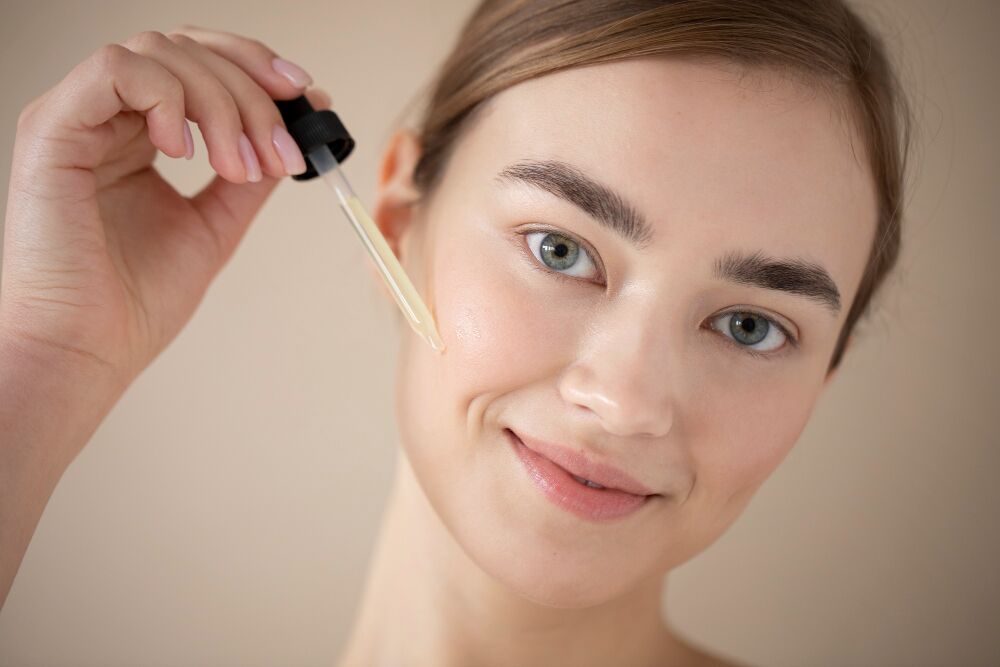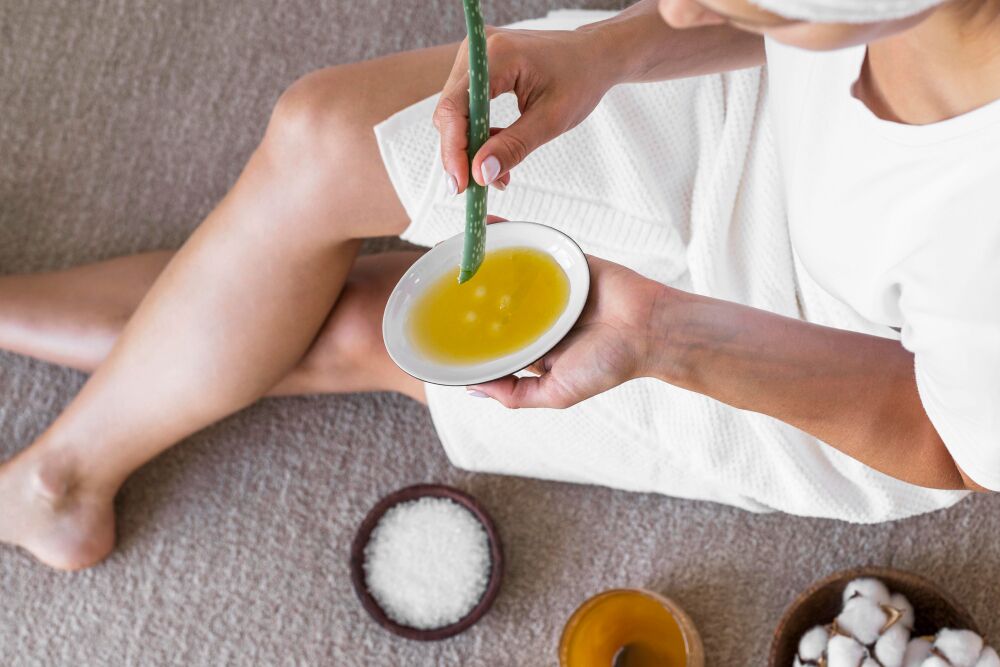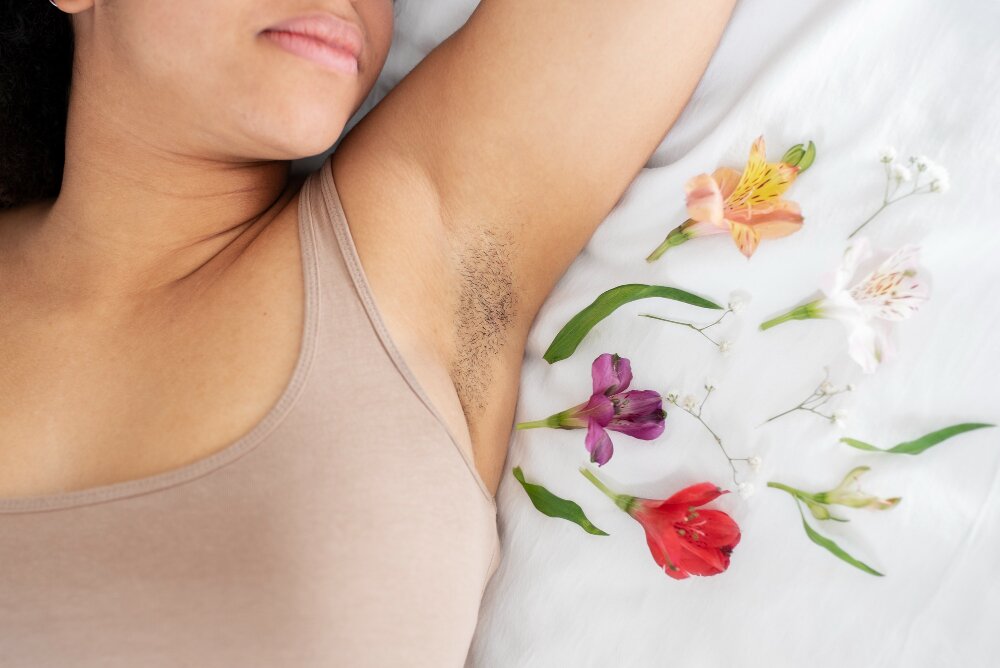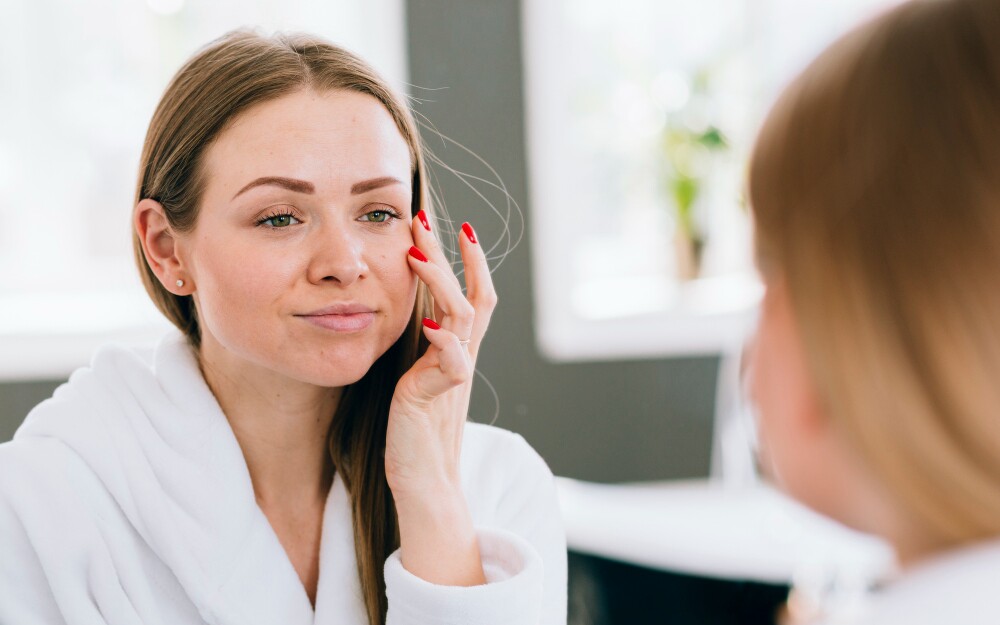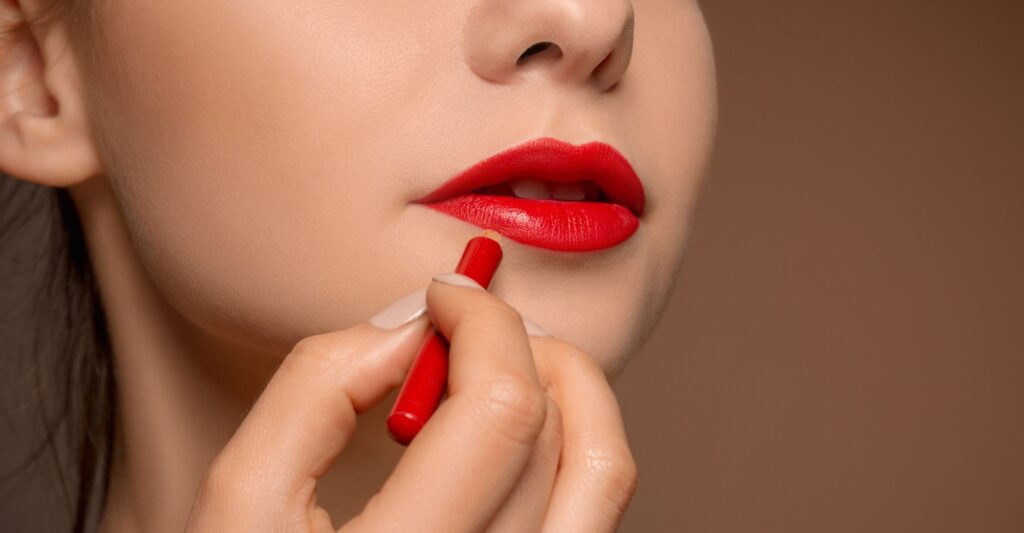Best Lip Treatment for Dry Peeling Lips
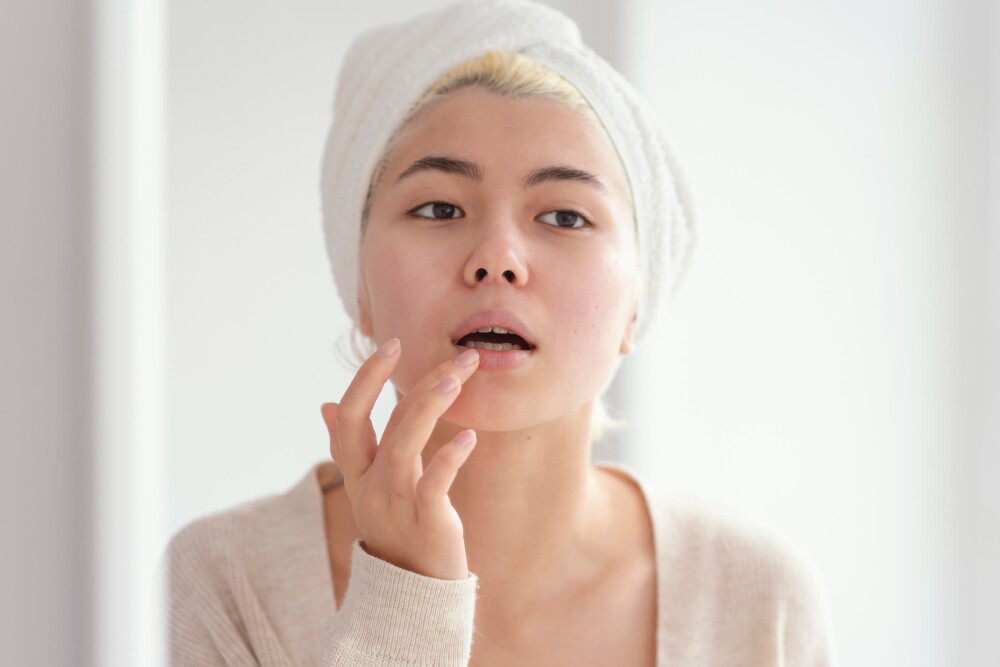
Do you suffer from dry, flaky, or even painful lips? You’re certainly not alone. Dry, peeling lips are a widespread problem, especially during colder months or in dry climates. The good news is there are plenty of ways to find relief and restore that smooth, supple feeling. In this comprehensive guide, we’ll dive into the causes of dry lips, the best treatments, preventative measures, and answer those frequently asked questions that keep you wondering.
Understanding the Causes of Dry Lips
Before we delve into remedies, it’s important to understand why your lips are prone to dryness in the first place. Here are some of the most common culprits:
- Weather: Cold, dry air and harsh winds can strip your lips of moisture, leaving them dehydrated.
- Sun Exposure: Just like the rest of your skin, your lips are vulnerable to sun damage. UV rays can deplete moisture and lead to chapping.
- Dehydration: Not drinking enough water can affect the overall moisture levels in your body, including the delicate skin of your lips.
- Certain Medications: Some medications can have drying side effects, which may impact your lips.
- Allergies or Sensitivities: Irritants in lip products, toothpaste, or certain foods can trigger dryness and peeling.
- Lip Licking: While it might seem temporarily soothing, licking your lips actually worsens the problem. Saliva evaporates quickly, leaving your lips drier than before.
- Medical Conditions: Underlying health conditions like eczema, psoriasis, or vitamin deficiencies can also lead to dry lips.
Top Treatments for Dry, Peeling Lips
Now that we understand the causes, let’s explore the most effective treatment options:
1. The Power of Hydration
-
Lip Balms: Choose lip balms that contain nourishing and protective ingredients. Look for the following:
- Humectants: Ingredients like hyaluronic acid, glycerin, and honey attract and hold moisture in the skin.
- Emollients: Substances like shea butter, cocoa butter, jojoba oil, and squalene soften and smooth the lips.
- Occlusives: These create a barrier on the lips to seal in moisture. Examples include petrolatum (Vaseline), beeswax, lanolin, and mineral oil.
-
Exfoliation: Once or twice a week, gently exfoliate your lips with a soft-bristled toothbrush or a lip scrub to remove dead skin cells. This allows your products to penetrate better.
-
Hydrating Masks: Treat your lips to ultra-nourishing lip masks containing hydrating ingredients like hyaluronic acid and ceramides. Leave them on for the recommended time for a boost of moisture.
2. Home Remedies You Can Trust
- Coconut Oil: This natural emollient provides deep hydration and creates a protective barrier.
- Aloe Vera Gel: Known for its soothing and healing properties, aloe vera can calm irritated lips.
- Honey: A natural humectant, honey can attract and hold moisture, leaving your lips feeling soft.
- Humidifier: Consider using a humidifier, especially during dry seasons, to add moisture to the air.
3. The Essential Everyday: Lip Care Tips
To prevent recurring dryness and keep your lips healthy, follow these golden rules:
- Hydrate from the Inside Out: Drink plenty of water throughout the day.
- Protect Your Lips: Use a lip balm with SPF 30 or higher whenever you’re outdoors, even on cloudy days.
- Avoid Licking: Break the habit of licking your lips. It may feel temporarily soothing, but it’s incredibly counterproductive.
- Breathe Through Your Nose: Especially important in cold weather, breathing through your nose helps prevent your lips from drying out.
- Be Ingredient-Savvy: Steer clear of irritating ingredients like menthol, fragrances, and certain flavorings. Hypoallergenic, fragrance-free products are the safest bet.
Frequently Asked Questions (FAQ)
Q: Is Vaseline good for dry lips? A: Yes, Vaseline (petroleum jelly) is a classic choice for treating dry lips. It’s an excellent occlusive, preventing moisture loss. Look for pure petroleum jelly variations.
Q: Are lip scrubs necessary? A: While not absolutely necessary, gentle lip scrubs can be beneficial for removing dry, flaky skin and improving product absorption. Stick to a maximum of once or twice a week to avoid over-exfoliating.
Q: Should I see a doctor for dry lips? A: Most cases of dry lips can be addressed through home remedies and lifestyle changes. However, if you experience severe dryness, cracking, bleeding, or swelling, or if the dryness doesn’t improve with treatment, consult with a doctor or dermatologist to rule out any underlying medical conditions.
When to Choose a Dermatologist vs. DIY Lip Care
Here’s a quick guide to help you decide when to seek professional help:
-
DIY Lip Care is for you if:
- Your dryness is mild to moderate.
- You don’t have any open cracks, bleeding, or swelling.
- You see improvement with consistent use of lip balms and home remedies.
-
See a Dermatologist if:
- You have severe and persistent dryness and cracking.
- Your lips are itchy, swollen, or show signs of infection.
- Your dryness is accompanied by other symptoms like rashes or blisters
- You’ve tried home remedies without success.
Additional Tips for Specific Needs
-
Cracked and Bleeding Lips: Look for more concentrated healing ointments with ingredients like panthenol and ceramides. Overnight lip masks can provide intensive moisture while you sleep.
-
Mature Lips: As we age, our skin’s ability to retain moisture decreases. Include lip plumping treatments with hyaluronic acid or peptides along with your nourishing balms to restore a more youthful appearance.
-
Sensitive Lips: Opt for the most gentle, hypoallergenic products. Stick to balms labeled fragrance-free and dye-free. Patch test any new products on a small area of skin before applying to your lips.
-
Before Bed: Slather on a thick layer of your go-to balm or ointment. This allows for deep overnight hydration.
Choosing the Right Products: A Buyer’s Guide
With countless lip care products on the market, it can be overwhelming to find the best fit for your needs. Keep these things in mind:
- Ingredient List: Prioritize moisturizing and protective ingredients. If you have known sensitivities, be sure to check the label carefully.
- Brand Reputation: Opting for established, reputable brands often indicates a higher level of quality and stricter standards for ingredients.
- Reviews and Recommendations: Read reviews from other users with similar concerns. Recommendations from friends or trusted bloggers can also be helpful.
- Price Point: A high price tag doesn’t always equal superior quality, so be sure to focus on ingredients first.
Busting Common Lip Care Myths
There are numerous misconceptions about lip care floating around. Let’s set the record straight:
-
Myth 1: You can become addicted to lip balm.
- Fact: While you can become accustomed to the feeling of having a product on your lips, this isn’t actual addiction. Using nourishing products won’t make your lips chronically drier if you stop; it’s simply removing the protective layer.
-
Myth 2: Lip balms with tingling or plumping effects are better for dry lips.
- Fact: These sensations are often caused by ingredients that can actually be irritating to dry lips. These types of balms may mask dryness momentarily but could worsen the problem long-term.
-
Myth 3: Applying Chapstick before lipstick will make it last longer.
- Fact: Starting with a smooth base is important, but over-applying lip balm can actually make lipstick slide around and wear off unevenly. Blot your lips after applying balm and before putting on lipstick.
A Note on Natural vs. Synthetic Ingredients
The world of lip care offers a range of ingredients, both natural and synthetic. While there’s nothing wrong with a bit of honey or coconut oil, don’t automatically assume “natural” always means better.
- Pros of Natural Ingredients: Some people prefer the appeal of simple, plant-derived ingredients. Some naturally-occurring substances are excellent emollients and humectants.
- Pros of Synthetic Ingredients: Science-backed formulas can be extremely effective. Ingredients like hyaluronic acid and ceramides can offer significant benefits and are often safe even for sensitive lips.
- The Bottom Line: Don’t be swayed by labels alone. Focus on what works best for YOUR lips, whether those ingredients originate from a lab or nature.
Final Words of Encouragement
Transforming your dry, peeling lips into a soft, healthy pout takes a little effort but is absolutely achievable! Be patient, experiment with products to find your favorites, and embrace that luxurious feeling of happy, hydrated lips.


